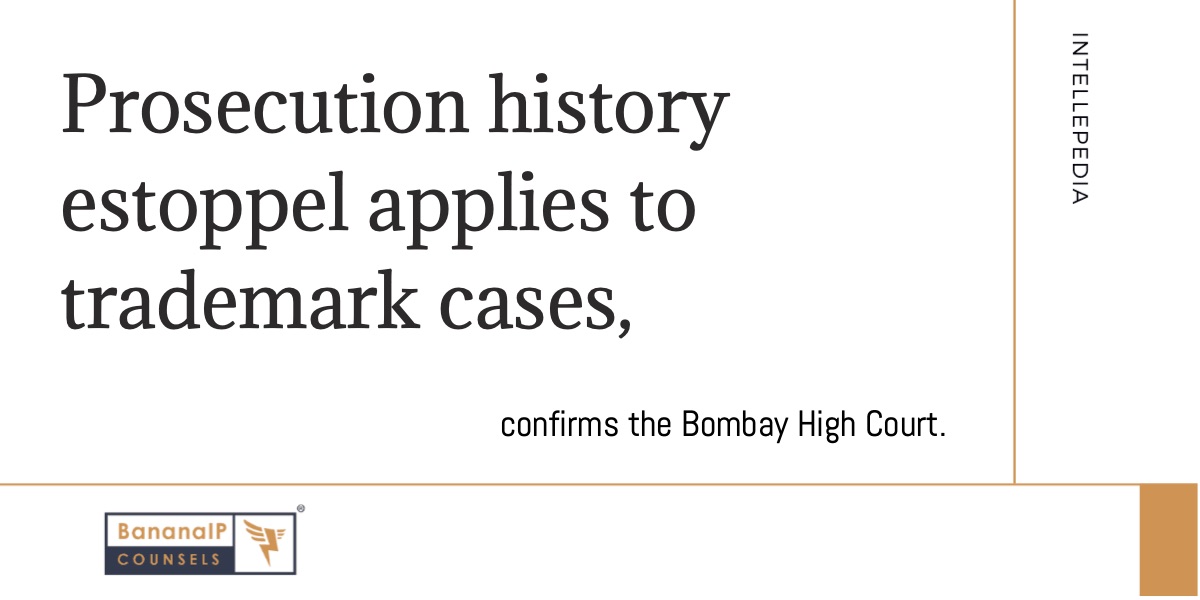The Delhi High Court in Kudos Pharma v. Natco Pharma addressed a patent infringement lawsuit concerning the anti-cancer drug Olaparib. To counter a patent infringement claim, the defendant needs to raise a plausible challenge to the patent’s validity. Patent coverage (what the patent protects) is distinct from the specific details disclosed in the patent document. This case involved a species patent (Olaparib) claimed within the scope of a broader genus patent.
Read more about Kudos Pharma v. Natco Pharma: A case on patent claims, coverage, validity and infringement.Tag: Disclosure
Patent refusals: The need for clarity and details beyond mere objections.
The Delhi High Court recently highlighted the importance of clear and detailed reasoning in patent office rejections. In this case of Calm Water Therapeutics LLC’s patent application, the court found the initial rejection order by the patent office to be flawed as the revised claim was not considered and no detailed explanation was provided in the rejection. The court emphasized the need for the Patent Office to provide clear explanations and conduct thorough examinations before rejecting applications.
Read more about Patent refusals: The need for clarity and details beyond mere objections.Objections regarding insufficiency of disclosure in patent applications must be clear and unambiguous
The Delhi High Court recently ruled that the Indian Patent Office (IPO) must clearly and unambiguously articulate objections to patent applications. This case involved Microsoft’s patent application for “Discovery of Secure Network Enclaves,” which was rejected by the IPO for lacking inventive step and violating disclosure requirements. The Court found the IPO’s objections to be ambiguous and procedurally irregular, thereby stressing on fair hearings and proper communication during the patent examination process.
Read more about Objections regarding insufficiency of disclosure in patent applications must be clear and unambiguousProsecution History Estoppel applies to trademark cases, confirms the Bombay High Court.
The Bombay High Court recently ruled that the “prosecution history estoppel” principle applies to trademark cases. This means that statements made during the trademark registration process about similarities with other trademarks can be used against the applicant in future infringement lawsuits. The Court also emphasized the importance of disclosing all relevant information, including prosecution history, in trademark lawsuits.
Read more about Prosecution History Estoppel applies to trademark cases, confirms the Bombay High Court.Keeping Secrets from the Patent Office? Think Again!
This post was first published on 17th July, 2014. The Indian Patents Act, 1970 obligates an applicant under Section 8, Rule 12 to furnish...
Read more about Keeping Secrets from the Patent Office? Think Again!



